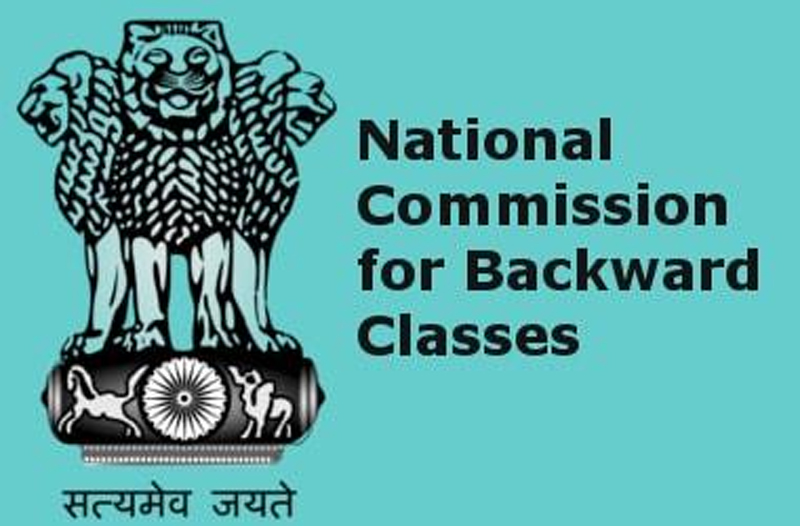New areas to be added based on criteria
No review carried out for last many years
Sanjeev Pargal
JAMMU, Mar 19: The Commission for Socially and Educationally Backward Classes which recently got extension of six months is reportedly working on deletion of nearly 50 percent areas listed as “Backward Areas” as they ceased to be backward now and is likely to add new areas in their place which are genuinely backward.
The Commission is headed by Justice (Retired) GD Sharma and comprised Rup Lal Bharti and Munir Khan.
Sources told the Excelsior that after recommending reservation for Pahari Ethnic Tribe, Paddari Tribe, Koli and Gadda Brahmins and Valmikis, the Commission has been carrying out an extensive exercise on revamping Resident of Backward Areas (RBA) reservation which is presently 10 percent in Jammu and Kashmir.
“In 1995 when the then Commission declared backward areas, it was mentioned that a review will be carried out after every five years as some areas may develop during that time which can be excluded from the list of RBA while left out areas can be included,” sources said.
However, they said, the review was not carried out for last 28 years now but, at the same time, many areas were added. There were allegations that new areas were included as RBA due to “political considerations” to strengthen vote bank of the then ruling parties.
Connectivity, schools, hospitals etc were among the criteria listed for declaration of backward area. In 1995, 18 percent area of Jammu and Kashmir was declared as backward area and 20 percent reservation was given to RBA. The reservation was brought down to 10 percent in 2020.
“Now, the Commission is undertaking an extensive exercise on the backward areas and nearly 50 percent of the areas are likely to lose status of RBA,” sources said. In their place, the areas which deserve to be backward as per criteria will be included,” sources said.
The revision is likely to take some time and it was in view of this that the Commission has been granted an extension of six months.
The Commission has been receiving large number of communications and representations from the Kashmir valley for inclusion of their areas in the list of backward areas. However, number of representations being received from Jammu division is far less, they said.
Based on recommendations of Justice GD Sharma Commission report, the Government has cleared Pahari Ethnic Tribe, Paddari Tribe and Koli & Gadda Brahman for accord of Scheduled Tribes (ST) status. All concerned Ministries and the National Commission for Scheduled Tribes have also cleared the proposal and the bill now will require approval of the Parliament.
Gujjars and Bakerwals in Jammu and Kashmir already enjoyed ST status and the Government has clarified that their rights will not be diluted.
Paddari tribe is settled mostly in Paddar area of Kishtwar district which is one of the remotest areas in erstwhile Doda district. However, Koli & Gadda Brahmans are spread in different areas. Paharis are mostly based in twin border districts of Rajouri and Poonch in Jammu region and Baramulla and Kupwara in Kashmir division.
Nine seats in 90-member Assembly of Jammu and Kashmir have been reserved for the STs. Five seats are reserved for STs in Jammu division and four in Kashmir.
The STs enjoyed reservation in jobs, education etc, but they were denied political reservations in Jammu and Kashmir for a long time though such a reservation existed in Lok Sabha and Assemblies across the country. This was, however, after abrogation of special status of Jammu and Kashmir in August 5, 2019 that the Government extended political reservations to STs in J&K.
The Scheduled Castes have eight percent reservations in the Union Territory and, for them, seven seats, like earlier, are reserved in the Legislative Assembly. However, out of five, no Lok Sabha seat in J&K is reserved.


